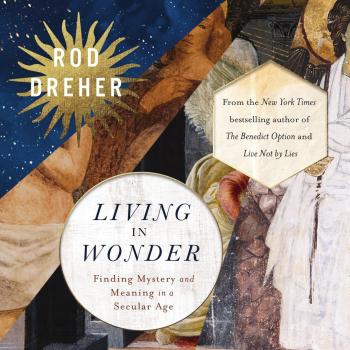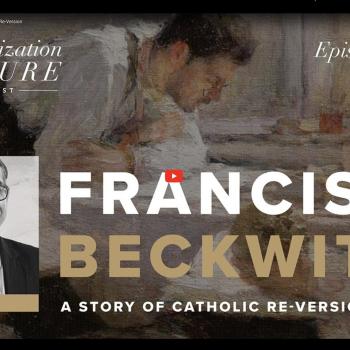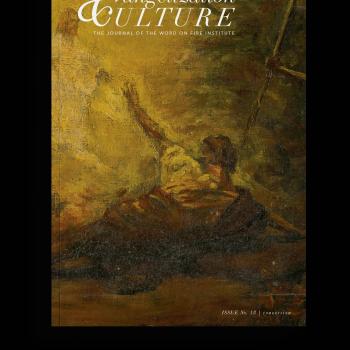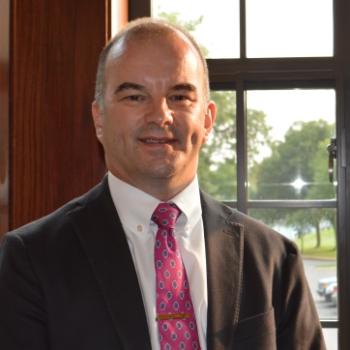That’s the title of an article I published in Logos: A Journal of Catholic Thought and Culture 12.3 (Summer 2009). Here’s how it begins (notes omitted):
(notes omitted):
Baylor University, the world’s largest Baptist university, is a remarkable place with many fine Christian men and women on its faculty and in its student body. It boasts a rich tradition of academic excellence, and it is a privilege for me to be able to make a contribution to that tradition, however modest my contribution may be. However, soon after my arrival at Baylor in 2003 it came as a surprise to me to learn that among the university’s most respected faculty, denominational leaders, and alumni are those who reject creeds as normative for Christian belief. For example, one theologian of this stripe, James Dunn, enthusiastically asserted that the only creed his tradition accepts is “Ain’t nobody but Jesus goin’ to tell me what to believe.” Of course, there are many Baptists, including Baylor faculty, alumni, and regents, who disagree with the point of view held by Dunn and others.
As one would suspect, this anti-creedalism, as its advocates argue, has implications for the life of a Christian university. For they maintain that an academic institution’s embracing of a creed—as a standard of orthodoxy to assist the university in assessing the Christian faith of prospective and current faculty members—is a violation of academic freedom as well as oppressive to the believer’s liberty and spiritual integrity.
I believe this view is mistaken, but not because its advocates do not mean well or that they are not committed to the truth of the Gospel or the primacy of the Christian message. Rather, it is because they have assimilated into their theological understanding, sometimes inadvertently, philosophical beliefs about the nature of liberty and knowledge that are inconsistent with the preservation of their institutions’ theological commitments.
You can read the whole thing here.












